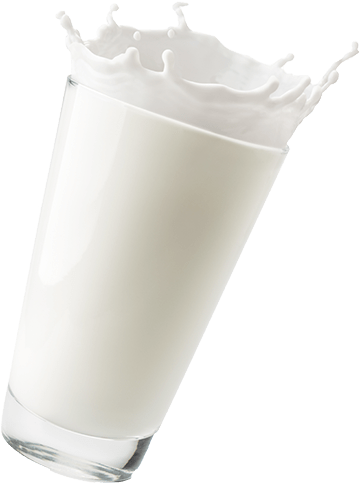How do probiotics help with digestion?
Probiotics and digestion go together like peanut butter and jelly. Probiotic bacteria have become an increasingly popular ingredient in numerous food products and supplements, and their health benefits are undeniable. Yet despite the prevalence of probiotics these days, few people actually know how probiotics work.
Probiotics are a form of good bacteria that work to fight off harmful microorganisms that threaten your healthy body systems. This helps protect your body from infections and maintain your natural bacteria equilibrium. There is also a large body of evidence that indicates probiotics can lead to better digestion and improved nutrient absorption.1 Probiotics are a valuable tool to keep your body’s immune system in fighting shape and your gastrointestinal system balanced.

Digestive problems that probiotics help with
There is mounting evidence about how probiotics help digestion. Not only are probiotics useful for a healthy gastrointestinal system, but there is some additional data suggesting they can be used to maintain remission in patients with Crohn’s disease and colitis.
The ability of probiotics to protect against inflammation is also useful in people with IBD, IBS, and constipation. Furthermore, consuming certain probiotics can actually improve lactose tolerance in people who have lactose intolerance.2
The science behind it

Though probiotics can be immensely beneficial for all manner of gastrointestinal issues, they don’t work for everyone. Probiotic health benefits are strain specific, meaning that only some probiotic strains will produce certain effects.3 Furthermore, studies on probiotics show that biological factors such as lower pH levels can make probiotic benefits less effective. While the health benefits of probiotics aren’t unconditional, there is no denying their positive effects. Probiotics keep your body balanced, help to absorb protein, and allow your gut to continue functioning smoothly.
If you feel like you would benefit from probiotics, you have a few choices. Probiotics can be found naturally in many food products, particularly dairy. However, if you need more than your current daily probiotic intake, you may want to try a supplement. Give our lemon flavored probiotic supplement a chance to get your gastrointestinal health back on track.
References
1 Yin, O. S., Ismail, N. I. M., Thiagarajah, K., Balakrishnan, K., & Shi, L. H. (2016). Beneficial Properties of Probiotics, Tropical Life Sciences Research (TLSR) | U.S. National Library of Medicine.
2 Probiotics and Microorganisms, Crohn’s & Colitis Foundation.
3 Kechagia, M. (2013) Health Benefits of Probiotics: A Review, Hindawi Limited.
NOTE: The TLSR, National Center for Biotechnology Information, U.S. National Library of Medicine, Crohn’s & Colitis Foundation, Maria Kechagia et al., and Hindawi Limited, have not reviewed or approved the above article.
